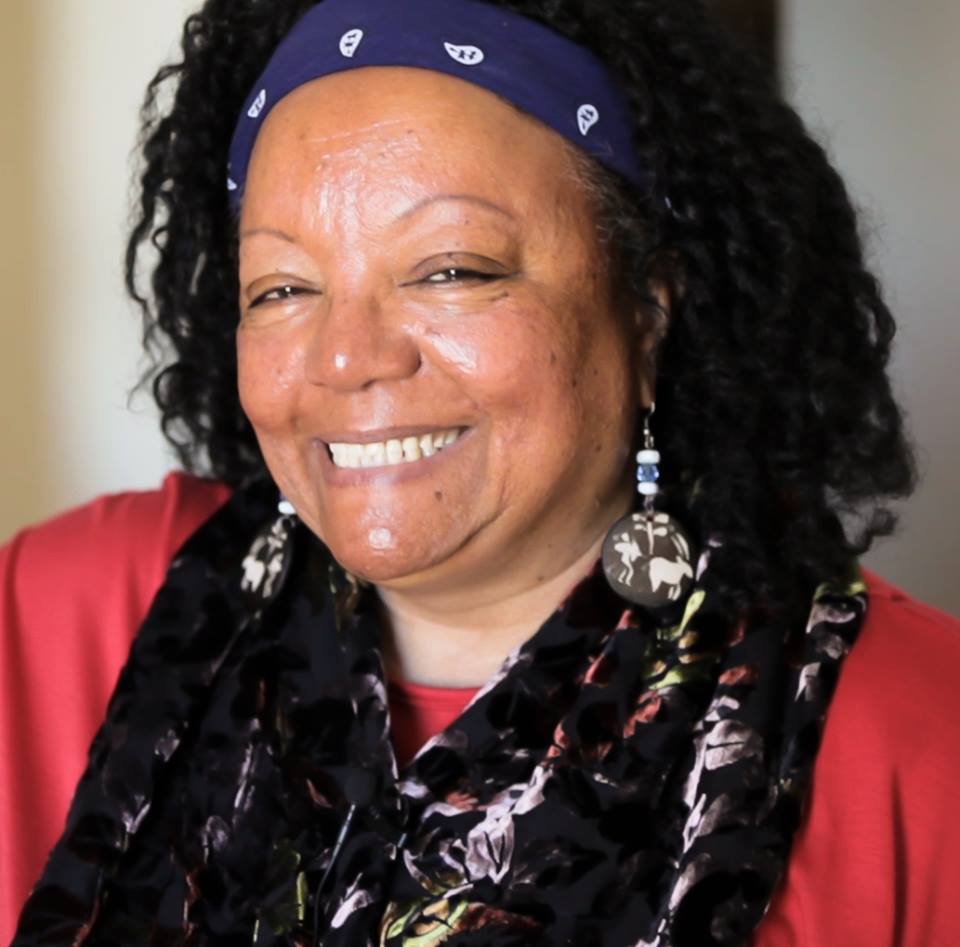A revered poet, activist, and writer Diana Ferrus receives an honorary Doctorate of Philosophy from the University of Stellenbosch (SU).
Ferrus’s works are greatly recognised for their political impact and for giving a voice to the anti-apartheid struggle. Her work tackling aspects of gender, identity, race, and reconciliation had garnered many awards. Additionally, her writing and poetry have been used to empower and educate a new generation of budding writers – her works have been prescribed for high school students.
“What does the storyteller tell? What is the purpose of the storyteller? The storyteller connects the past to the present, provides food for thought for the future.”
At SU’s Autumn Graduation for its Faculty of Arts and Social Sciences, in her acceptance speech, she emphasised the vital role that storytellers and stories play in the lives of people, adding that it is stories where people find the ‘truth and reconciliation. She thanked the institution for connecting her to its story, and now, being able to be part of the institution’s story.
Ferrus began her writing journey at the age of 14, writing about her personal experiences in her Worcester hometown. From her humble beginnings, she has achieved great feats. Among others, she earned recognition for her poem I’ve come to take you home. It was written for Sarah Baartman – a KhoiKhoi woman who was paraded as a freak show attraction in 19th Century Europe – as a way of condemning her abuse. It was read aloud at the French Senate during repatriation discussion for the remains of Sarah Baartman. Ferrus accompanied the formal handover of the remain back home to South Africa.
READ MORE: Private: 10 Inspirational Nelson Mandela quotes
“Storytellers should never forget names, (they) must resurrect names, must imagine names, must always try to tell the complete story. It’s only by telling our stories that we can free ourselves from inner bondage.”
She ended her speech with a poem about ‘bloedbande’…Blood ties.
To this day, Diana Ferrus remains a steadfast advocate for using writing as a means of social interrogation and self inspection.


